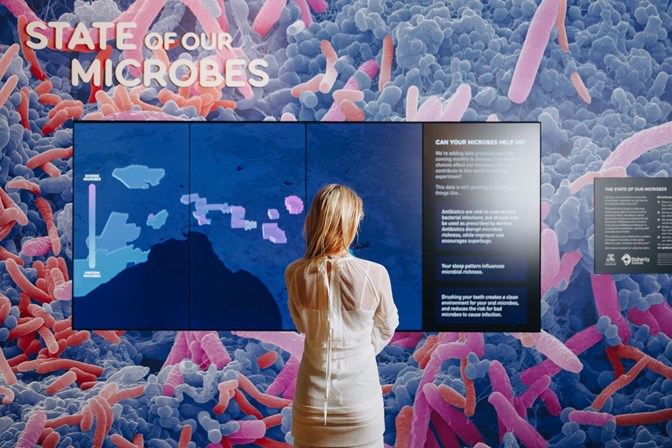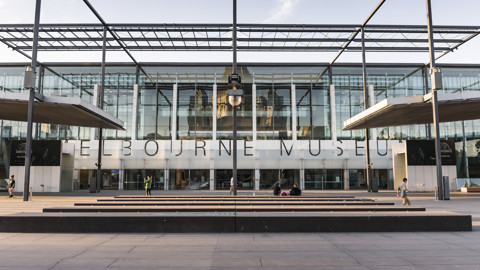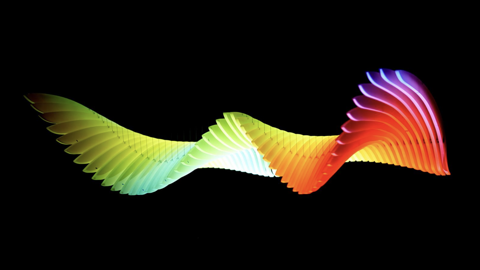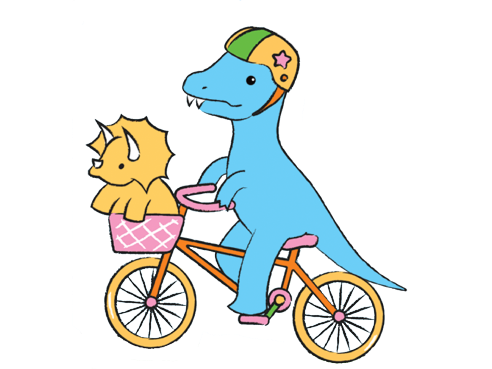Museum visitors spit for science, revealing how lifestyle and diet impacts our microbes
Preliminary results reveal which bacteria are found in the mouths of Victorians and suggests a healthier diet is key to improved microbial richness.
The project aims to reveal the secrets of Victorian's oral microbiomes – the 300 plus bacterial species that live in our mouths (the gut entrance) – and how they vary with different lifestyles, diets, backgrounds and where we live.
The study and accompanying museum exhibit have been initiated as part of Melbourne Museum’s Gut Feelings: Your Mind, Your Microbes exhibition and conducted in partnership with the University of Melbourne the Peter Doherty Institute as part of the Victorian Oral Microbiome and Lifestyle Study,
Researchers say having a diverse array of microbes in your mouth is important, as varied types play important roles in good oral health, and health overall. They also play a key role in kicking off digestion.
In a world-wide museum first, visitors are becoming part of the exhibition by sharing their oral microbes – all the while contributing to medical research.
The study saw almost 1500 visitors to Melbourne Museum ‘spit for science’ so the microbes in their saliva could be studied by researchers. Participants also completed a survey about the food they ate, their health, their pets, sleeping habits and more.
Previous Australian research found the bacteria detected in the ‘modern mouth’ are a lot less diverse than our ancestors, and that our oral health has declined with modern diets.
Curators of Gut Feelings were keen to engage the public in the question of why this is the case.
Results show that high carbohydrate intakes, such as added sugar and refined flours, were associated with lower microbial diversity in participant's saliva, while 88 per cent of adults reported not eating the recommended five serves of vegetables a day, and 30 per cent reported eating one or less serves a day.
The team advise that the most effective way to live in harmony with your oral microbiome, is to eat more wholefoods, reduce sugar intake and brush your teeth daily. Time between eating, so less snacks, also gives our saliva time to get things back in balance. We know from other gut microbiome studies that this is also best for your body and mental health.
Melbourne Museum's Gut Feelings: Your Mind, Your Microbes exhibition has been newly extended until 30 August 2020.
Visitors can see the mystery of our microbes come to life on the giant digital State of Our Microbes display featuring the results of the live science experiment, updated with data about visitors’ oral microbes since March 2019.
Some of the myriad questions the team are looking to understand include: Does our oral microbiome diversity differ between each state? What about with our ancient ancestors? Does having a dog or cat make a difference? Or drinking coffee or tea? What about where we live – north or southside, country or city?
In 2020, researchers are hoping to have more people living regionally spit for science to ensure all Victorians are appropriately represented.
Johanna Simkin, senior curator of human biology and medicine and curator of Gut Feelings, Melbourne Museum said: “What makes this project so great is involving our museum visitors in a first ever glimpse into Victoria’s microbes. They get to come on the journey with us as results trickle through – the visitors’ microbes become a part of the exhibition—it’s a real first. We want to empower visitors to consider how their everyday lifestyle choices impact their microbes.”
Julian Simmons, senior research fellow and study chief investigator, the University of Melbourne said: “This study provided a unique opportunity to engage with the community in citizen science, both questioning, learning and educating. There is huge public interest in the role bacteria play in our health, yet common misunderstandings and so much more to discover. The best things you can do for your microbes are eat less sugar and refined flours, eat more vegetables and fruit, and regularly brush your teeth and floss.”
Andre Mu, University of Melbourne postdoctoral fellow and lead microbiome researcher, Doherty Institute, said: “This is a fantastic ‘citizen science’ project looking at the microbiome of Victorians; a project that we, at Doherty Applied Microbial Genomics, are extending to include many other ecosystems such as the gut, skin, and the environment. This work will help drive microbiome sciences across Melbourne, and indeed Australia.”
The latest results are up now, with more to come as researchers continue to process them over the coming months and years.
Come and say hello to your microbes at Gut Feelings: Your Mind, Your Microbes, now open at Melbourne Museum until 30 August 2020.
Gut Feelings: Your Mind, Your Microbes | Melbourne Museum
Until 30 August 2020
Open daily, 10am - 5pm
Admission included with museum entry. Adult $15, Concession and Children FREE
Media enquiries:
The University of Melbourne and Doherty Institute Holly Watkins – Media Advisor
E: [email protected] | M: 0466 514 367








